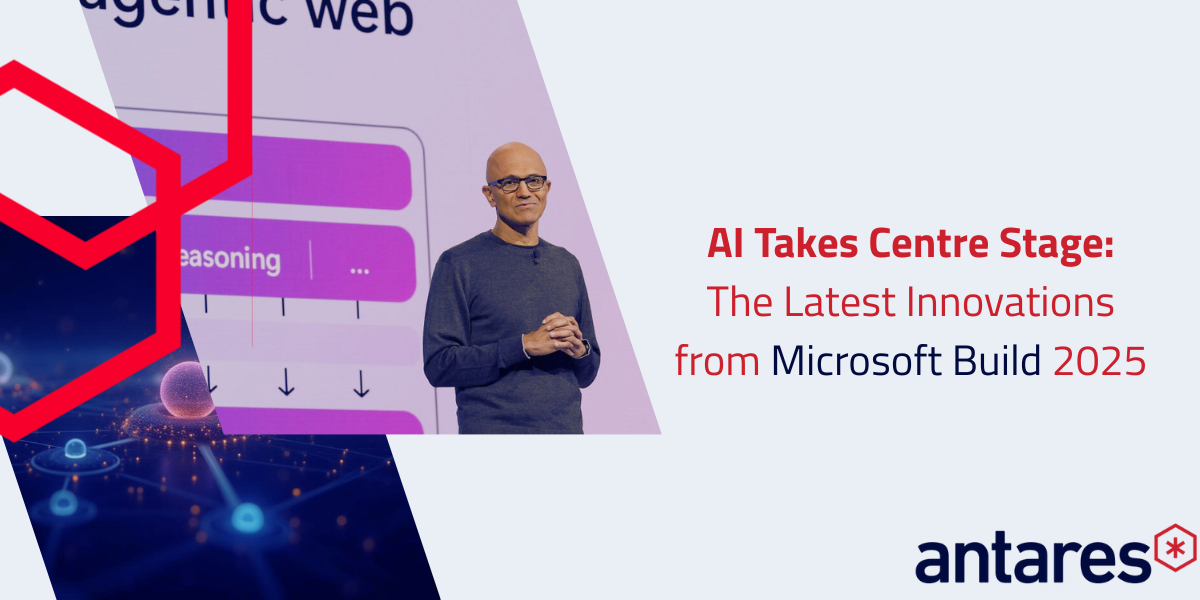According to the Australian Government, there are over 250,000 non-profit organisations operating across the nation. Collectively, they generate over one million jobs and provide a further three million volunteering opportunities, on average. They also represent nearly 10% of Australia’s GDP.
However, charities and other organisations operating within the nonprofit (NFP) sector face a range of challenges that are typically unique to NFP organisations. Many of these are not new problems; however, emerging technologies are offering innovative solutions that can help to plug gaps in resourcing, performance and transformational change, all of which are critical to ensuring that these NFPs can continue to effect positive change in society.
The Problems Facing Non-profit Organisations
1. Governance
NFPs operate with a great deal of responsibility; donors and investors contribute large sums that should be used to effect positive societal, cultural, or environmental change. However, in the past, there were lax rules around governance and reporting on the use of NFP funds, a problem seen worldwide.
However, increasing visibility and scrutiny of fund allocation means that those responsible for NFP management must carefully plan, manage, and monitor where monies are used, ensuring that proper processes are followed, and records are created.
Governance affects other areas beside allocation of donor funds, though. With the increased worldwide focus on data privacy and security, plus the rising incidence of cybersecurity attacks, NFPs must invest time and money into properly securing organisational infrastructure. So, too, must NFPs consider other legal requirements, including compliance and taxation law, and employee rights.
In all of these areas, there is scope for major risk. Financial penalties for improper handling or storage of data can be severe, while NFPs can also face financial loss due to compliance and regulatory breaches, or improper treatment of employees.
Antares offer a number of solutions that can streamline management of these risks. Tellus a secured and dynamic central hub for creating, managing, governing and reporting, leaving your staff free to get the job done, while our Modern Data Warehouse ensures that data is properly stored and secure, in order to minimise the risks of breaches and other threats.
2. Providing Employee Support
NFPs tend to have smaller teams than more established businesses. When new employees who are learning within an organisation have multiple queries, as most do, this can impact on the performance of the rest of the team. They will lean on other employees for support and for the answer to their questions, which can impact on progress in other areas.
Fortunately, artificial intelligence (AI) and machine learning (ML) are transforming the way that we work. With a solution like askSolution, employees can immediately get the answer that they need, improving their efficiency, while reducing the drain on other employees’ time. The assistant integrates directly with Microsoft Teams, streamlining communication and administration across an organisation.
Similarly, if organisations have not yet adopted highly efficiency communication tools such as Microsoft Teams, it is often due to perceived barriers to entry, such as keeping control of communications and governance. Solutions exist that can help you to identify potential risks and issues with your current implementation, while controlling data management, security, and compliance within your communication sphere.
3. Attracting the Best Talent
It is commonly known that NFP organisations tend to pay smaller salaries than those offered by private companies that operate for profit. While some employees might shirk the highest salaries for personal passion and opt for an NFP employer, those candidates often come few and far between. This can rapidly lead to a talent gap within non-profit organisations, slowing down progress or reducing the quality of output.
It is not possible for NFPs to compete with the salaries offered by the biggest household names and employers. Similarly, hiring inexperienced staff is a non-starter; it takes time to train them up, and their output will be slower and of a lower quality, further reducing progress towards business goals.
One area in which this problem exists is in software development. Software developers currently attract one of the fastest-rising salaries, with huge growth in demand seen in recent years. It is becoming practically impossible for NFP organisations to compete with the salaries paid by companies such as Google, Apple, Microsoft, and even smaller-scale employers.
Fortunately, there is a solution for NFPs who do not commonly need advanced, feature-stuffed applications that require continuous support. With Antares, you can easily create and launch your own mobile applications using our Power Platform solutions. Rather than trying to compete with the ever-increasing salaries paid for top development talent, you can build and deploy your own custom applications. There is no need for coding experience or technical knowledge.
4. Retaining Employees
Employee retention can be a difficult area for NFPs, particularly as these organisations may struggle to compete with the benefits and engagement tools offered by corporate brands, for example. So, it is important for NFPs to look towards solutions that offer a comprehensive employee experience package that does not break the budget.
With Microsoft Viva, organisations can leverage multiple tools focused on employee learning, engagement, wellbeing and knowledge. This platform can help to address numerous issues, particularly with those working from home, including:
- Engagement and connectedness among colleagues: The Microsoft Work Trend Index found that around 67% of remote workers want greater collaboration with their colleagues. With Microsoft Viva Connections, NFP employees can easily discover relevant conversations, tasks, and news, and align with the wider organisation on priorities.
- Learning and training: According to PwC, CEOs are increasingly concerned about a lack of essential skills among their employees. Microsoft Viva Learning removes the barriers to learning and training content, ensuring everyone can engage with relevant training programs.
- Emotional wellbeing: According to Qualtrics, around 70% of people experience elevated stress and 40% suffer from poor mental health. Microsoft Viva Insights provides key information to decision makers on how employee wellbeing, work habits and productivity can be improved upon.
5. Human Resources Shortfalls
Human resources (HR) functions within non-profit organisations tend to be less established than those within for-profit companies. Often, the role is fulfilled by a single manager or small team who may be responsible for other areas of the business.
The problem here is that when an NFP has an unofficial HR function, the tools, and systems for managing HR tasks tend to be an afterthought too. With human resources staff fulfilling other roles that may be their central responsibility, this can lead to shortfalls in other areas too. Performance management tends to become an afterthought, which can impact on productivity as employees realise that they are not being held accountable for output.
Fortunately, you can take steps toward rectifying this problem by implementing an all-in-one custom intranet solution such as #Space. These platforms draw together a number of critical HR tools, including group and user permission management and documentation storage. #Space can be custom branded to suit any organisation. With time freed up on basic administrative tasks, it can be directed elsewhere, such as in employee performance management.
6. Driving Continuous Improvement
Non-profits need to be poised to adapt and change as society changes around them. Whether that is to address evolving demographics or government policies, NFPs must be ready to drive change from within. This is no small task, requiring education and buy-in at all levels of the organisation, in addition to competent change management professionals who can exact change to a defined project management framework.
On a granular level, this poses a lot of challenges. Everything from employee training, to change management and document management requires structure and organisation in order to effect successful transformation. These tools are critical to ensuring that stakeholders are properly informed and advised, and that the project team understands the direction in which your organisation is headed.
Antares can assist your organisation in understanding where you currently are on your digital journey. Our experienced team can show you exactly what you need to do to reach your strategic goals, while advising you on transformation management that takes into account the relevant governance and compliance rules for your industry.
Digital Transformation: The Fastest Growth for Non-profit Organisations
The biggest opportunities for NFP organisations lie within the adoption of digital technology, as we have seen above. These solutions offer process improvements that can rapidly accelerate existing processes, plug the gap left by staffing shortages and offer innovations in every area, from data security to employee training.
That is why Antares’ Modern Data Platform is completely free for nonprofit organisations who want to de-risk their data journey and avoid expensive compliance breaches. Our MDP is freely available on Github for any NFP who wants to take control of its data.
Antares is a supporter of non-profit organisations and has worked with NFPs such as Mission Australia to provide benefits in areas that include more powerful data analysis and decision making. In an industry where only 40% of organisations are making data-driven decisions, we are committed to changing the face of the NFP sector and empowering organisations to deliver faster and better improvements to society and the environment around us.
Does your organisation require nonprofit technology services? Get in touch to find out how we can help.




